Much of human history has consisted of unequal conflicts between the haves and the have nots
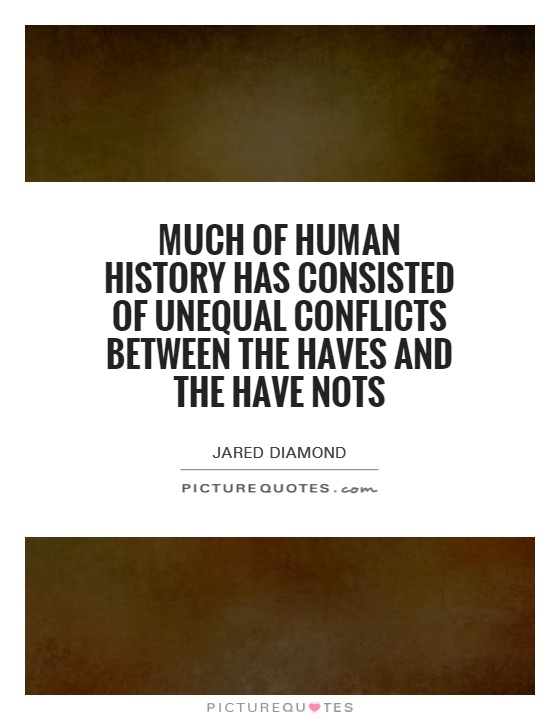
Much of human history has consisted of unequal conflicts between the haves and the have nots
Jared Diamond, a renowned author and professor of geography at UCLA, has extensively studied the patterns of human history and the factors that have shaped the world as we know it today. One of the recurring themes in Diamond's work is the concept of unequal conflicts between the haves and the have nots throughout human history.Diamond argues that much of human history has been characterized by power struggles between those who have access to resources and those who do not. This unequal distribution of resources has led to conflicts, wars, and social inequalities that have shaped the course of history. From ancient civilizations to modern societies, the struggle between the haves and the have nots has been a driving force behind many of the major events and developments in human history.
One of the key factors that Diamond identifies as contributing to these unequal conflicts is the unequal distribution of resources. In his book "Guns, Germs, and Steel," Diamond explores how certain societies were able to develop advanced technologies and conquer others due to their access to resources such as fertile land, domesticated animals, and natural barriers for protection. This unequal distribution of resources gave certain societies a significant advantage over others, leading to conflicts and power struggles that have shaped the world we live in today.
Diamond also highlights the role of technology and innovation in perpetuating these unequal conflicts. Throughout history, those who have had access to advanced technologies and knowledge have been able to dominate and control those who do not. This technological advantage has often been used to exploit and oppress the have nots, leading to further inequalities and conflicts.
Overall, Diamond's work sheds light on the complex and often brutal history of human societies and the unequal conflicts that have shaped our world. By understanding the root causes of these conflicts, we can work towards creating a more equitable and just society for all.

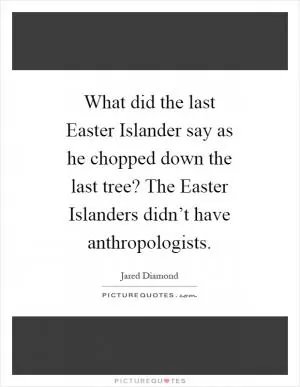
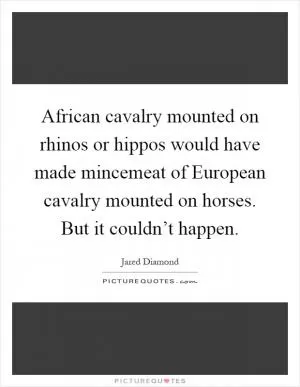

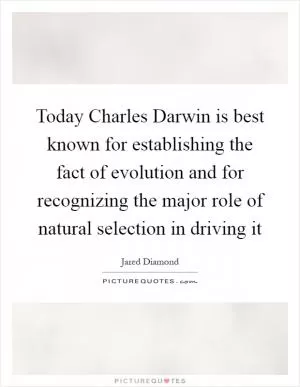
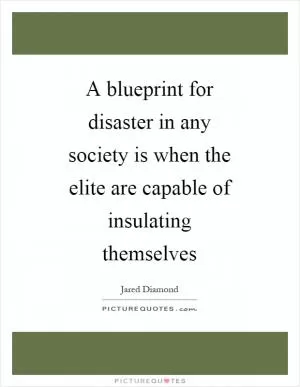
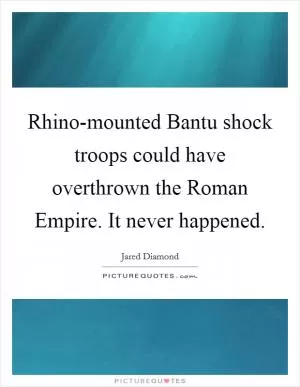
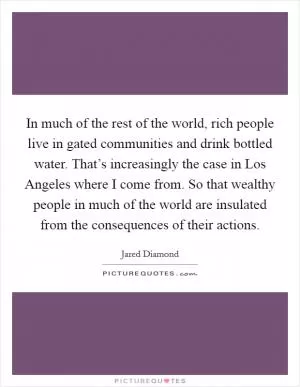
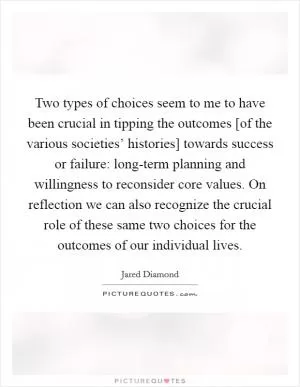
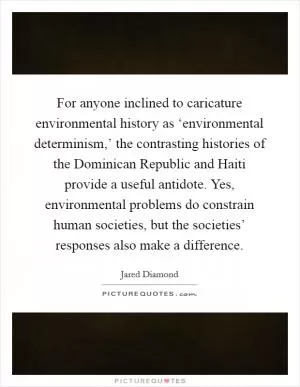
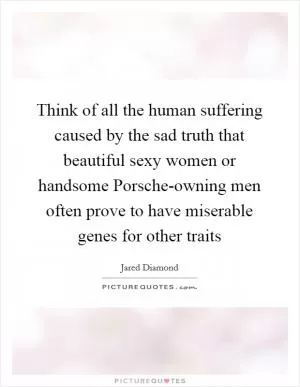
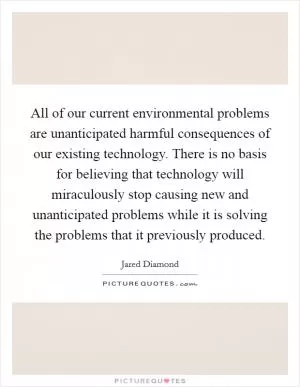
 Friendship Quotes
Friendship Quotes Love Quotes
Love Quotes Life Quotes
Life Quotes Funny Quotes
Funny Quotes Motivational Quotes
Motivational Quotes Inspirational Quotes
Inspirational Quotes